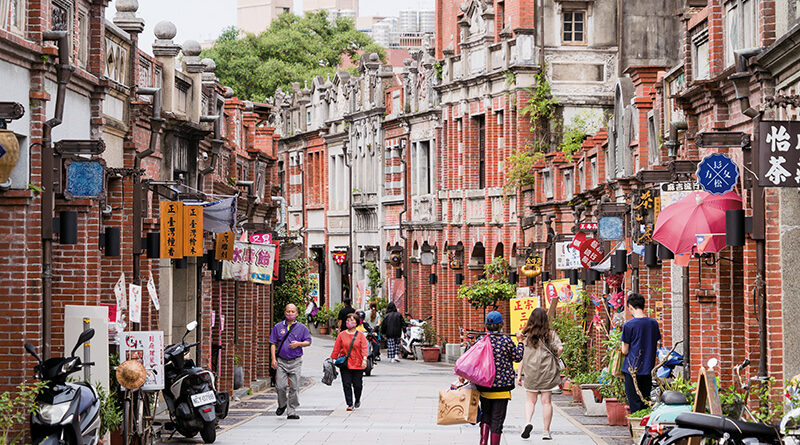Taiwan Shifts on Immigration as Birth Rate Falls
Taiwan is set to loosen regulations on hiring caregivers, opening the door for more foreigners to meet the rising demand for elderly care in its fast-graying society.
A long-standing evaluation will soon no longer be required for the most vulnerable elderly to receive live-in assistance from foreigners, Deputy Labor Minister Wang An-pang told Taiwan’s legislature last week.
Like its East Asian neighbors, Taiwan is becoming a super-aged society, with people over 65 years old already comprising about 18 percent of the population, according to the Ministry of the Interior. This has led many Taiwanese families to rely on live-in caregivers, mostly from Southeast Asian countries like Indonesia, to attend to elderly people no longer capable of independent living.
Starting in September, the Barthel Index evaluation of patients’ functionality will no longer be required for caregivers to assist Taiwanese aged 80 and older who suffer from permanent disabilities, have long-term medical histories, or live in remote areas, Taiwan’s government-owned Central News Agency cited Wang as saying.
The Barthel Index is used to measure an individual’s ability to complete everyday activities and is used to assess whether a family can hire an overseas caregiver.
Some 55,000 people are expected to benefit from the change, Wang said.
Taiwan is grappling with one of the world’s lowest fertility rates. The number of births expected per Taiwanese woman during her lifetime was 0.85 last year, higher than South Korea (0.72) but lower than China (1.0) and Japan (1.2).
The population crunch has set off alarm bells across the region, with policymakers fearing the trend will stifle economic vitality and strain public health resources.
“This is the government’s instinctive policy in an aging society because caring for the elderly is a rigid need,” Yi Fuxian, a demographer at the University of Wisconsin-Madison, told Newsweek about the eased regulations.
Yi pointed out that more family resources going to care for the elderly cuts into young people’s capacity to raise children, warning of a “vicious cycle” in which the number of births drop even further.
The Taiwanese immigration ministry did not immediately respond to a written request for comment.
Japan, which like Taiwan has maintained strict controls on immigration and foreign labor, is turning to foreigners to plug labor gaps in industries like construction.
Earlier this month, the Japanese parliament announced updates to regulations that will make it easier for some foreign workers to remain in the country longer, as well as switch jobs within the same industry after one year, provided they meet professional and language requirements.
The number of foreign workers in Japan has set annual records since 2013, reaching 2.05 million in October, a rise of more than 40 percent since 2018, Nikkei Asia reported.
Still, Japan will need more than three times this number by 2040 to meet its economic growth targets, the government’s Japan International Cooperation Agency projected.
Read more @newsweek











